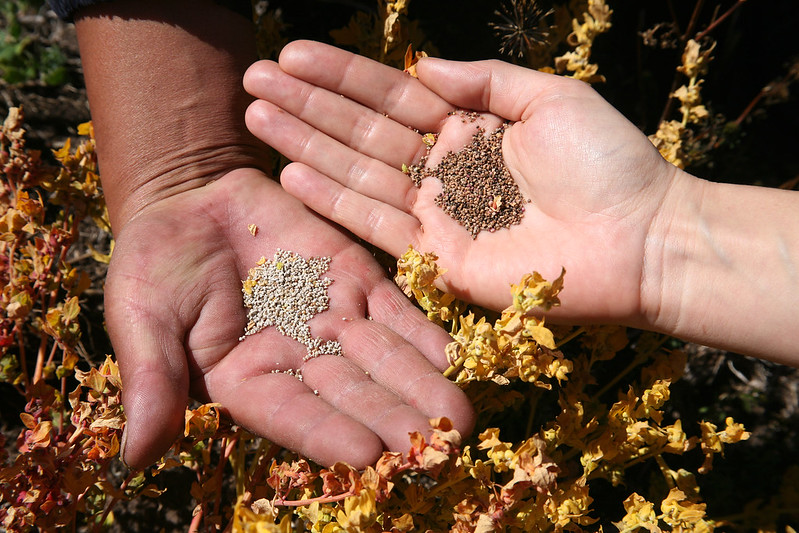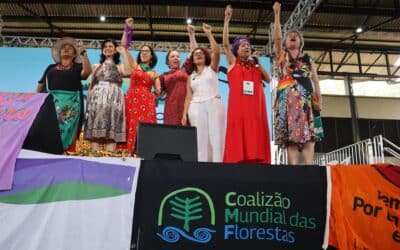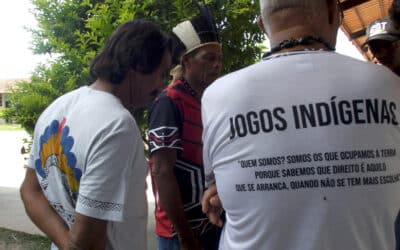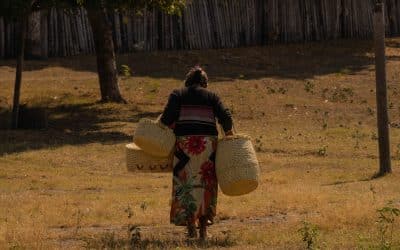by Lasse Bruun and A. Milena Bernal Rubio
Newsweek, 15 June 2022
There is a grave misalignment between how the European Union (EU) conducts agricultural policy within and outside its borders. This is particularly evident in its trade relations with Latin America.
The aspiration of inter-regionalism is to ease access for companies to regulated markets by giving them more legal protection, better geographical access and lower investment costs. However, integration projects and a strategic association between the European Union and the Southern Common Market (MERCOSUR) have fallen short of success. This has resulted in EU-Latin America free trade agreements that are exacerbating many of the environmental, social, economic and political crises in the world’s food basket.
Exports from Latin America to Europe rely heavily on resource-intensive commodities, such as soy, wood pulp, minerals, petroleum oils, beef and poultry. Prior to the regional EU-MERCOSUR Free Trade Agreement, 268,988 tons of meat were exported to the European Union by MERCOSUR countries (Uruguay, Paraguay, Brazil and Argentina) by 2018. Some of the meat exported from these countries is directly linked to deforestation. In January 2022, deforestation in the Brazilian rainforest reached an all-time high, while nutrition insecurity and loss of livelihoods put thousands of people at risk. The EU, the aforementioned countries and its trade policies, unfortunately, play a part in this tragic development.




